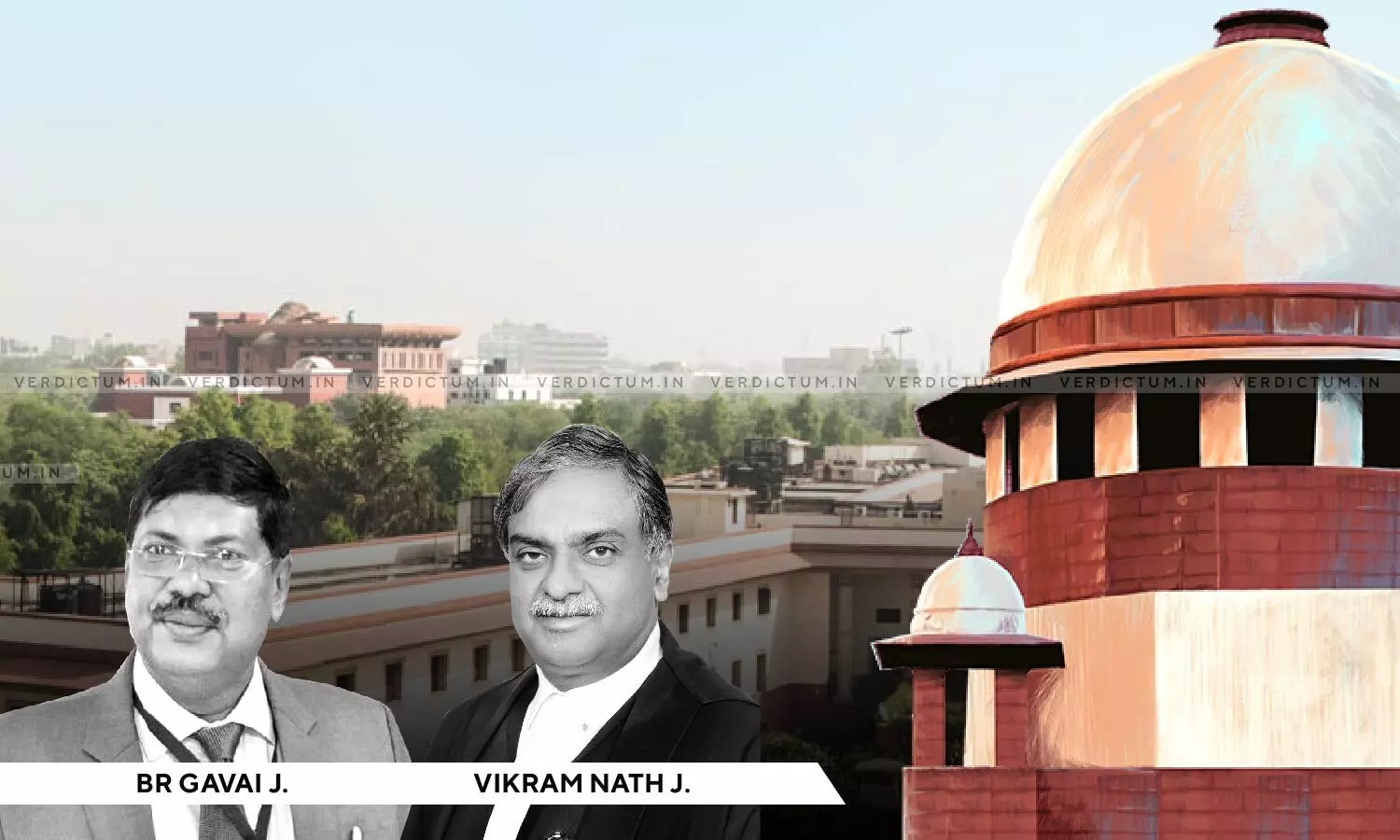
It Is Not The Quantity Of The Witnesses But The Quality Of Witnesses Which Matters- SC Upholds Murder Conviction
 |
|The Supreme Court has observed that the quality of witnesses mattered and not the quantity of witnesses and affirmed the conviction and sentence of four persons for the murder of four persons.
The Bench of Justice B.R. Gavai and Justice Vikram Nath observed that “It is the discretion of the prosecution to lead as much evidence as is necessary for proving the charge. It is not the quantity of the witnesses but the quality of witnesses which matters.”
Amicus Curiae Deep Shikha Bharati and Advocate Sanjay Kumar Tyagi appeared for the appellants and Senior Advocate Brijender Chahar appeared for the respondent.
In this case, the appeals were preferred by the accused against the order of the High Court whereby conviction under Sections 302 and 149 of the Indian Penal Code was affirmed. However, sentence awarding death penalty had been commuted to life sentence for all the accused.
Against the commutation of the sentence appeal was preferred by the State. One of the accused Ajai alias Ajju, died during the pendency of appeal in the Supreme Court.
The conviction by the Trial Court was based only on the testimony of sole eye witness, whose parents, brother and brother-in-law were murdered by the accused at night over a property dispute.
The Counsel for the appellants argued that the case was based on the evidence of a sole witness, who was related to the deceased and had enmity with the appellants. It was further argued that the sole witness did not even disclose the name of the appellants at the first instance and the FIR was registered against the unidentified persons.
The appellants further argued that the statement of the sole eye witness was not recorded by the Magistrate under Section 164 of the Criminal Procedure Code and the two other witnesses who claimed to be in the house at the time of offence were not examined.
The Apex Court rejected the arguments raised on behalf of the appellants and said that the names of the assailants were not disclosed deliberately at the first instance out of fear.
“Non-examination of the statement under section 164 CrPC also has no relevance or bearing to the findings and conclusions arrived at by the courts below. It was for the Investigating Officer to have got the statement under section 164 CrPC recorded. If he did not think it necessary in his wisdom, it cannot have any bearing on 20 the testimony of PW1 and the other material evidence led during trial.” observed the Apex Court.
The Court further found that the High Court had given justifiable reasons for commuting the death penalty.
Accordingly, the Apex Court, finding no infirmity in the order of the High Court dismissed the Appeal.
Cause Title- Ajai Alias Ajju Etc. Etc. v. The State of Uttar Pradesh
Click here to read/download the Judgment